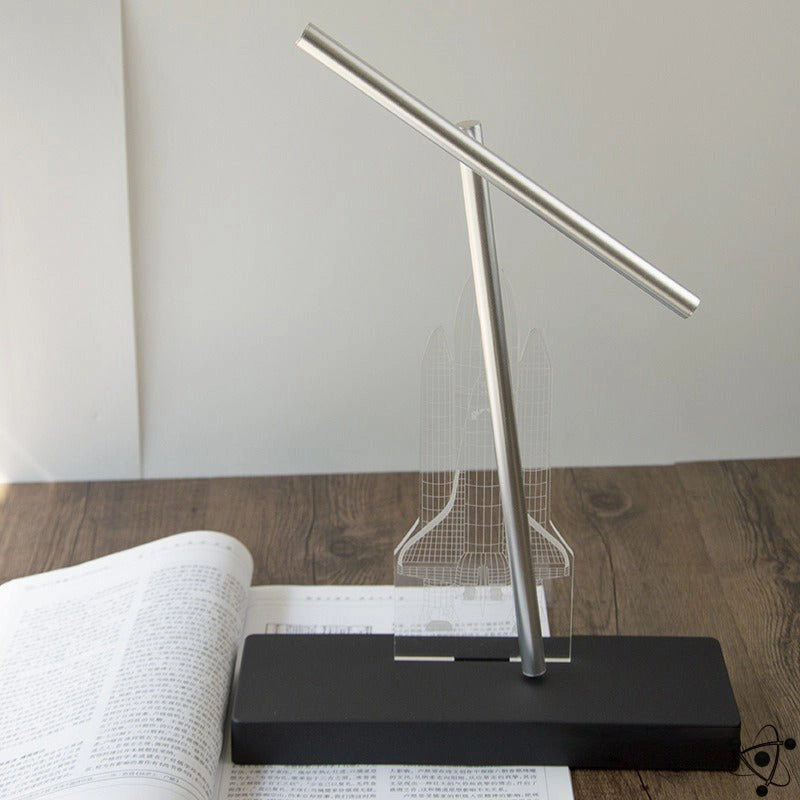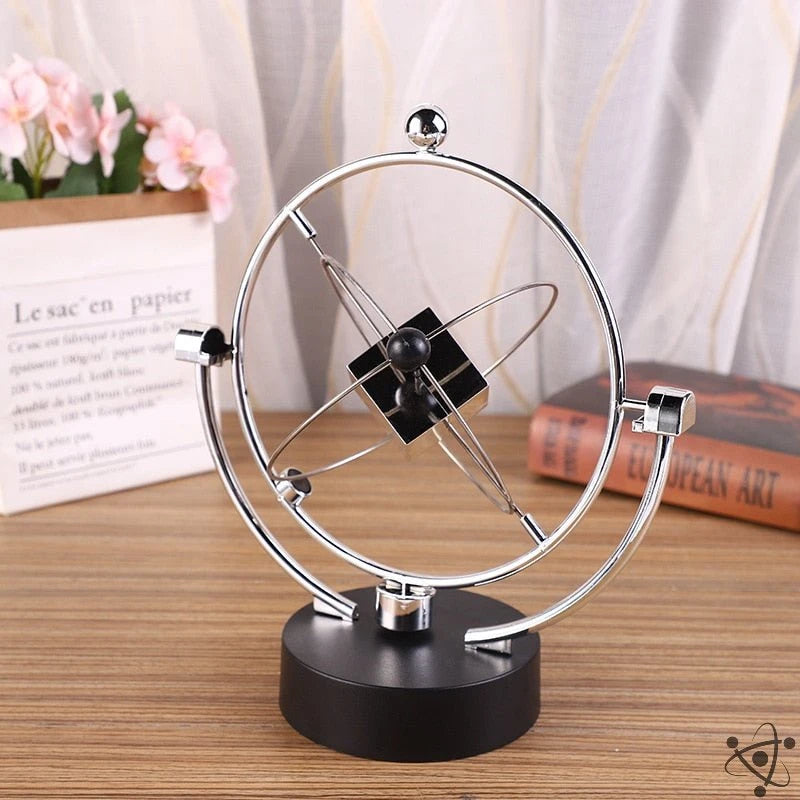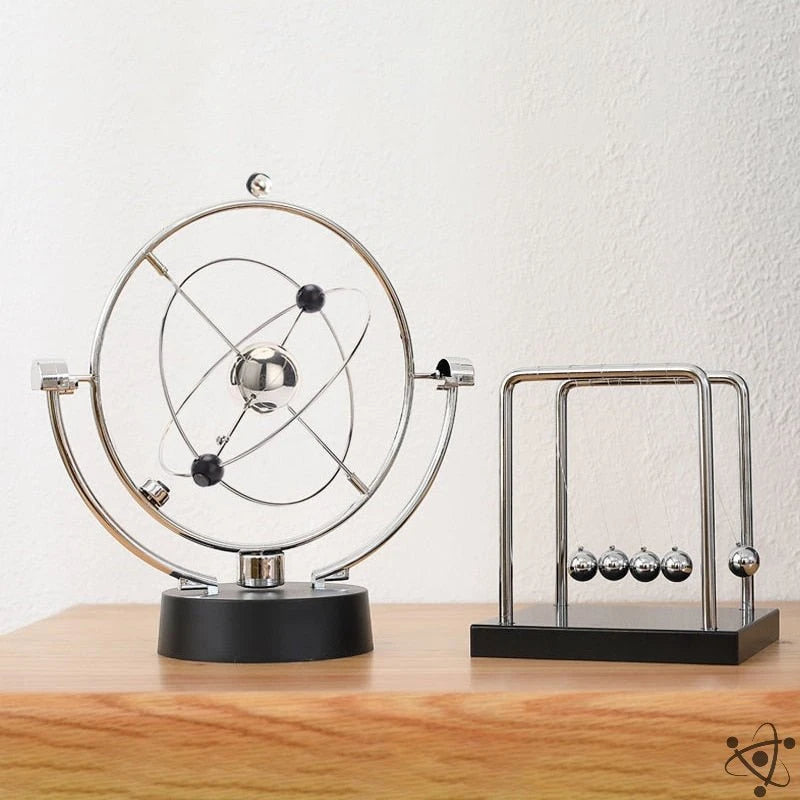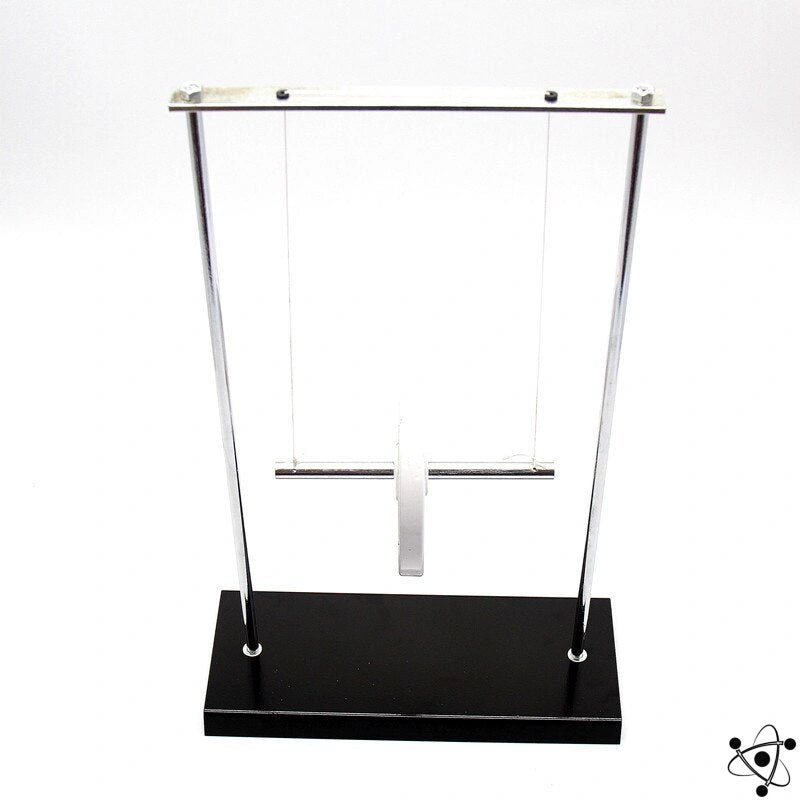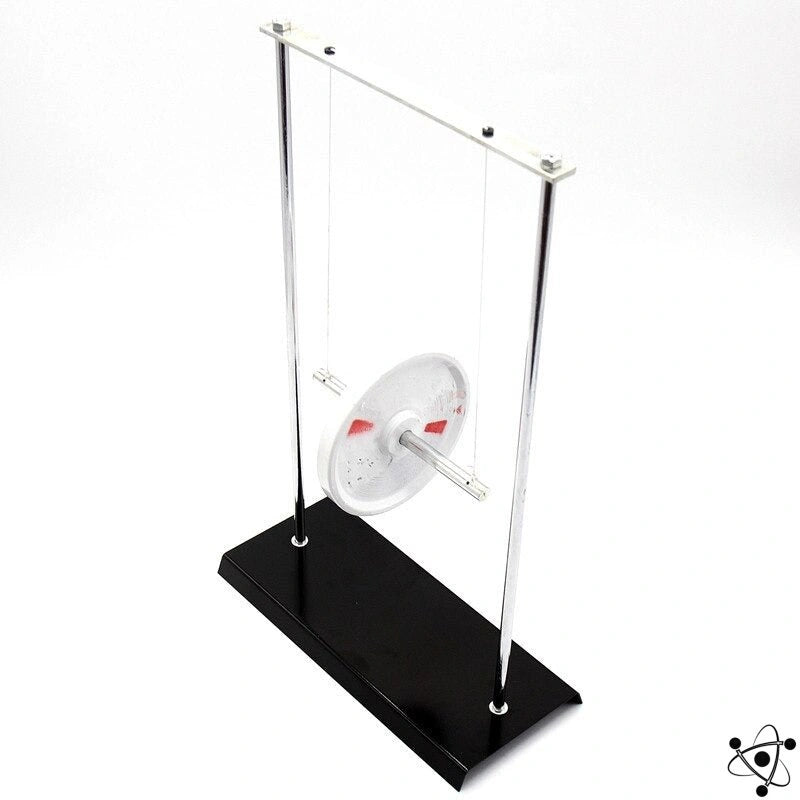Newton's Cradle: Exploring the Fascinating Balance of Energy and Motion
Welcome to our specialized collection page dedicated to Newton's Cradle, a mesmerizing physics gadget that embodies the principles of energy, motion, and momentum. Newton's Cradle, also known as balance balls or a ball balance, has captivated people of all ages with its elegant and perpetual swinging motion. In this comprehensive guide, we will delve into the science and physics behind this classic toy, exploring its principles, applications, and the joy it brings as a desk toy. Join us on this fascinating journey as we uncover the secrets of Newton's Cradle.
The Science Behind Newton's Cradle: Exploring Energy and Momentum Newton's
Cradle serves as a visual representation of the laws of physics, particularly the principles of energy conservation and momentum transfer. When a ball on one end is lifted and released, it swings down, colliding with the adjacent balls. This collision initiates a chain reaction, causing the ball at the opposite end to swing upward, while the other balls momentarily come to a rest. This motion continues back and forth, demonstrating the concept of conservation of momentum.
As the swinging balls collide, kinetic energy is transferred from one ball to the next. The total kinetic energy of the system remains constant, while potential energy interchanges between the balls at different heights. This dynamic interplay between kinetic and potential energy showcases the fundamental principles of energy conservation, as discovered by the brilliant physicist Sir Isaac Newton.
Understanding the Mechanics of Newton's Cradle: The Pendulum in Motion
At the heart of Newton's Cradle is the concept of the pendulum. Each ball in the cradle acts as an individual pendulum, connected by strings or rods. When the first ball is released and swings down, it gains kinetic energy and transfers it to the adjacent ball through the collision. This transfer of momentum causes the last ball in the series to swing upward, while the others gradually come to rest due to energy dissipation through internal friction and air resistance.
The length of the pendulum strings or rods, as well as the weight and elasticity of the balls and elastics, influence the duration and magnitude of the swinging motion. Adjusting these parameters can yield variations in the cradle's behavior, providing opportunities for experimentation and exploration of the pendulum's characteristics.
Newton's Cradle: A Fascinating Physics Gadget for Office and Home
Newton's Cradle has become an iconic desk toy, finding its place in offices, classrooms, and homes around the world. Its soothing, rhythmic motion serves as a delightful distraction and a visual representation of scientific principles. As a physics gadget, it sparks curiosity and fosters a deeper understanding of energy, motion, and momentum.
In office environments, Newton's Cradle offers a moment of respite, allowing individuals to briefly detach from the demands of work and observe the mesmerizing interplay of swinging balls. Its presence can add an element of visual interest to any desk while serving as a conversation starter and a reminder of the beauty of physics.
Exploring the Different Types and Designs of Newton's Cradle Newton's
Cradle comes in various designs and materials, offering options to suit different preferences and purposes. Traditional cradles feature steel balls suspended by thin wires or rods, providing a classic aesthetic and sturdy construction. Some designs incorporate additional elements, such as colorful balls, LED lights, or decorative frames, adding a touch of personalization and creativity.
Modern adaptations may also feature magnetized balls, allowing for fascinating interactions and patterns. These innovative designs provide a fresh perspective on the principles of energy transfer and motion while maintaining the essence of Newton's Cradle.
The Benefits and Price Ranges of Newton's Cradle: Choosing the Perfect Balance Balls
Newton's Cradle is not only an educational tool but also a source of enjoyment and relaxation. It offers numerous benefits, including stress relief, improved focus, and a deeper appreciation for the laws of physics. The price range for Newton's Cradle varies depending on factors such as material, design complexity, and size. From affordable options for casual enthusiasts to high-end models for collectors, there is a range of choices to suit different budgets and preferences.
Whether as a small desk decoration, a toy for physics enthusiasts, or an educational item for classrooms, Newton's Cradle provides a captivating visual representation of Newton's laws of motion and gravity. Its large, metal balls and precise collisions create a mesmerizing display of action and reaction.
Conclusion
Newton's Cradle stands as a testament to the captivating nature of physics, combining elegance and scientific principles in a mesmerizing display of energy and motion. As a representation of the laws of conservation of energy and momentum, it serves as a timeless reminder of Sir Isaac Newton's groundbreaking discoveries.
Whether as a physics teaching aid, an office desk toy, or a source of relaxation and fascination, Newton's Cradle continues to inspire and engage individuals of all ages. Choose the perfect balance balls that suit your preferences and budget, and embark on a journey of discovery as you witness the interplay of energy and motion through this iconic physics gadget. Check out our top-rated product reviews to make an informed decision and consider adding this captivating device to your collection.
Embark on a captivating journey through scientific marvels as you transition seamlessly from the mesmerizing Newton's pendulum collection to the groundbreaking Galileo's thermometer collection.



